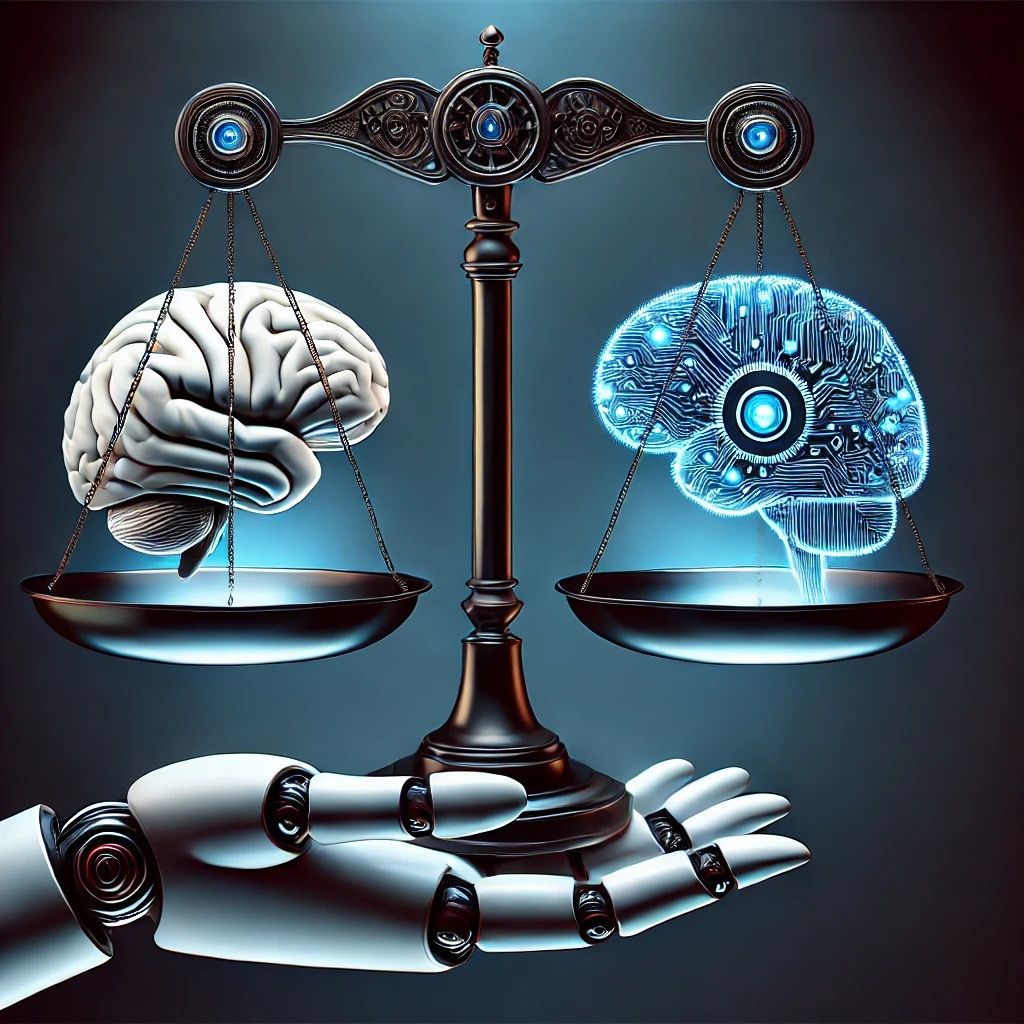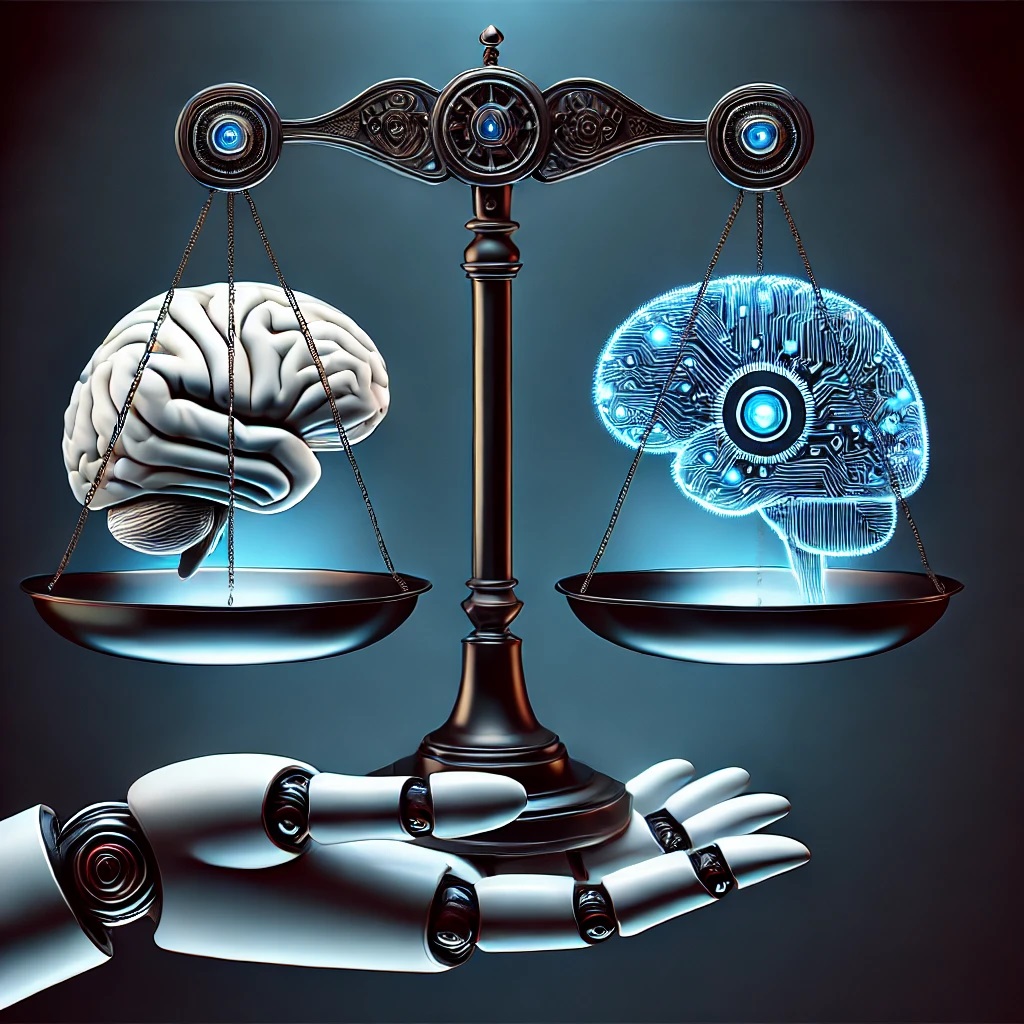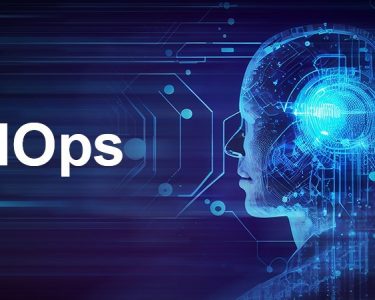Ethics of Artificial Intelligence: Artificial Intelligence (AI) is no longer a futuristic concept; it’s a reality shaping our daily lives. From virtual assistants to self-driving cars, AI’s potential seems boundless. But as AI continues to evolve, so do the ethical questions surrounding it. How should we manage this powerful technology to ensure it benefits humanity without crossing ethical boundaries?

Understanding AI and Its Ethical Implications
AI refers to the capability of machines to perform tasks that typically require human intelligence. This includes learning, reasoning, problem-solving, and decision-making. As AI becomes more integrated into our lives, it raises several ethical concerns that need careful consideration.
The Ethics of Data Usage and Privacy
One of the most pressing ethical issues with AI is the use of data. AI systems rely on vast amounts of data to function, and much of this data is personal information about individuals. The question arises: how is this data being used, and who has access to it?
Data Privacy:
Protecting individual privacy is a major concern in the AI landscape. AI systems can analyze data to predict behavior, preferences, and even health outcomes. While this can lead to personalized services, it also risks infringing on personal privacy. Ensuring that AI systems handle data ethically involves creating strict guidelines on data collection, storage, and usage.
Data Bias:
Another ethical concern is data bias. AI systems learn from the data they are fed. If this data is biased, the AI’s decisions will reflect that bias. For example, biased data in hiring algorithms can lead to discriminatory practices. It’s crucial to ensure that the data used in AI systems is diverse and representative to minimize bias and promote fairness.
AI in Decision Making: Trust and Transparency
AI is increasingly being used to make decisions in areas like finance, healthcare, and criminal justice. These decisions can have significant consequences, making the ethics of AI in decision-making a critical issue.
Trust in AI:
For AI to be trusted, it needs to be transparent. Users should know how an AI system arrives at a particular decision. The lack of transparency in AI algorithms can lead to mistrust, especially when decisions seem arbitrary or unfair. Ethical AI development calls for clear and understandable explanations of how AI systems work and make decisions.
Accountability:
Another ethical challenge is accountability. If an AI system makes a wrong decision, who is responsible? The creators of the AI, the users, or the AI itself? Clear accountability structures must be established to address this concern. This ensures that any harm caused by AI can be rectified and that responsible parties are held accountable.
AI and Employment: Balancing Innovation and Job Displacement
As AI continues to advance, it’s transforming industries and the job market. While AI has the potential to create new job opportunities, it also threatens to displace many existing jobs.
Job Displacement:
The automation of tasks through AI could lead to significant job losses, particularly in sectors like manufacturing and customer service. Ethical AI development must consider the social impact of job displacement and find ways to mitigate it, such as through retraining programs and social safety nets.
Creating New Opportunities:
On the flip side, AI is also creating new job roles that didn’t exist before, such as AI ethics consultants and machine learning engineers. The ethical challenge here is to ensure that these opportunities are accessible to a broad range of people, not just those with advanced technical skills.
The Role of AI in Healthcare: Enhancing or Complicating Human Life?
AI’s role in healthcare is growing rapidly, offering the potential to revolutionize patient care. However, it also presents unique ethical challenges that must be carefully navigated.
Improving Patient Outcomes:
AI can analyze large datasets to identify patterns that humans might miss, leading to early diagnosis and personalized treatment plans. This can significantly improve patient outcomes. However, ethical considerations must include ensuring that AI tools are used to complement, not replace, human judgment.
Patient Consent:
AI in healthcare raises questions about patient consent. For instance, should patients be informed if their data is being used to train AI systems? Obtaining informed consent is a cornerstone of ethical healthcare, and this principle should extend to the use of AI.
Access to AI in Healthcare:
There is also the ethical issue of access. AI-driven healthcare solutions should be accessible to everyone, not just those who can afford them. Addressing this concern involves creating policies that ensure equitable access to AI technologies in healthcare.
AI in Warfare: The Ethics of Autonomous Weapons
Perhaps one of the most controversial applications of AI is in warfare. Autonomous weapons, powered by AI, can make decisions without human intervention, raising significant ethical concerns.
Autonomous Decision-Making:
The use of AI in autonomous weapons poses the question of whether machines should be allowed to make life-and-death decisions. This ethical dilemma challenges the very nature of warfare and the role of human oversight. Many argue that there should always be a human in the loop to make such critical decisions.
International Regulations:
The ethical use of AI in warfare also requires international cooperation and regulation. Clear guidelines must be established to prevent the misuse of AI in conflicts and to ensure that its use adheres to international humanitarian laws.
The Future of AI: Ethical Considerations Moving Forward
As AI technology continues to evolve, so too will the ethical challenges it presents. It’s essential that society addresses these challenges proactively to ensure that AI is developed and used in ways that benefit humanity.
Ethical AI Development:
Moving forward, it’s crucial to prioritize ethical considerations in AI development. This includes building AI systems that are transparent, accountable, and fair. Developers, policymakers, and society at large must work together to create a framework for ethical AI that can guide its growth and integration into various aspects of life.
Global Cooperation:
The ethical challenges of AI are not confined to any one country; they are global issues. International cooperation is essential to create ethical standards that are universally recognized and respected.
Continuous Learning:
Finally, as AI continues to advance, so must our understanding of its ethical implications. This requires continuous learning and adaptation to ensure that AI remains a force for good in the world.
In conclusion, the ethical landscape of AI is complex and multifaceted, requiring careful consideration and action from all stakeholders. By addressing these ethical concerns, we can ensure that AI serves humanity in positive and transformative ways.
For more insights on how AI is shaping our world, visit Digital Digest.





